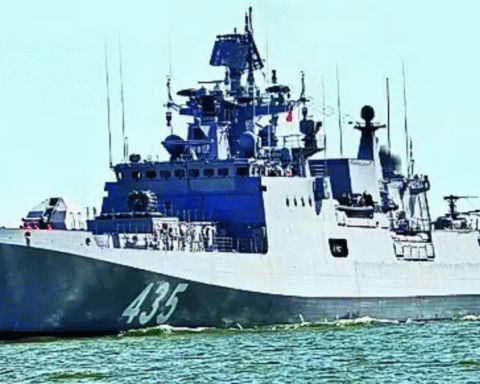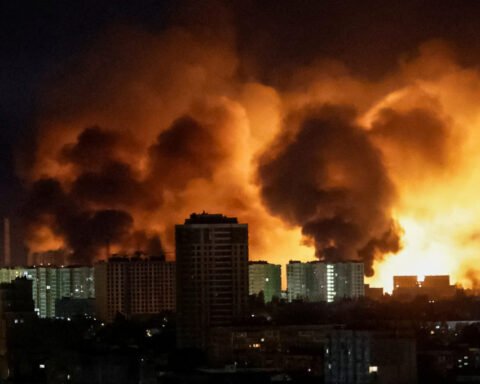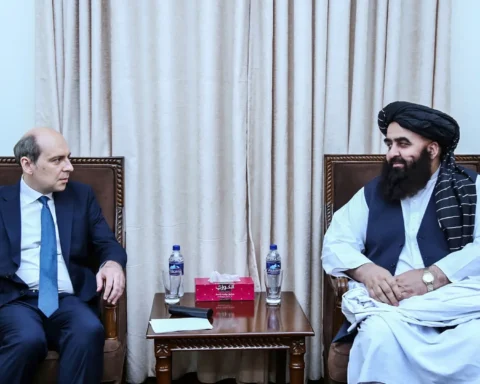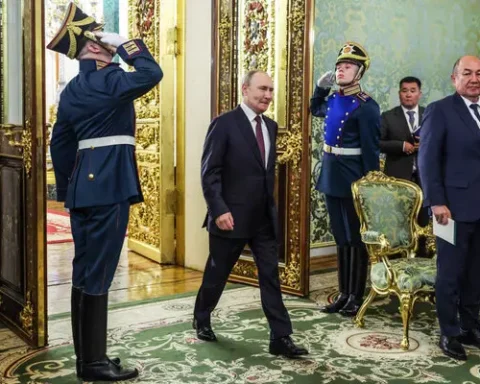A diplomatic rift between the United States and Ukraine has sparked fresh concerns about the future of international support for Kyiv, following a tense and unexpectedly brief meeting between U.S. President Donald Trump and Ukrainian President Volodymyr Zelenskyy at the White House.
The meeting, which was expected to last 45 minutes, ended abruptly after just 10 minutes when President Trump reportedly criticized Zelenskyy for not being sufficiently appreciative of U.S. military aid. In a heated exchange in front of the press, Trump accused Zelenskyy of “gambling with World War Three” and urged him to show more gratitude for American support. The fallout led to the cancellation of a planned joint press conference and a mineral-rights agreement that had been under discussion.
In the wake of the White House clash, European leaders have stepped forward to reassure Ukraine of their continued backing. French President Emmanuel Macron, German Chancellor Olaf Scholz, and Polish Prime Minister Donald Tusk were among those who swiftly issued statements in support of Zelenskyy, emphasizing their unwavering commitment to Ukraine’s sovereignty and security.
Germany’s likely next chancellor, Friedrich Merz, reinforced the message, stating, “We must never confuse the aggressor and the victim in this war.” The diplomatic push from Europe signals an effort to maintain unity in supporting Ukraine despite increasing uncertainty over the U.S. stance.
Against this backdrop, British Prime Minister Keir Starmer is preparing to host a high-level summit of European leaders at Downing Street to discuss the next steps for Ukraine.
Also Read;Construction Costs Rise Despite Increased Material Production
Zelenskyy is set to meet Starmer ahead of the summit, where key topics will include strategies for securing a long-term peace deal and reinforcing international commitments to Ukraine’s defense.
The gathering is expected to address concerns that the strained relationship between Trump and Zelenskyy could complicate future aid efforts and diplomatic negotiations. European leaders are particularly keen to ensure that the United States remains actively engaged in supporting Ukraine, despite the growing divisions over how best to handle the ongoing conflict with Russia.
The fallout from the White House meeting underscores the difficulties in maintaining a unified approach to the war in Ukraine. With Trump’s position on future aid uncertain and European leaders stepping in to fill the gap, the upcoming London summit could prove pivotal in shaping the next phase of international support.






